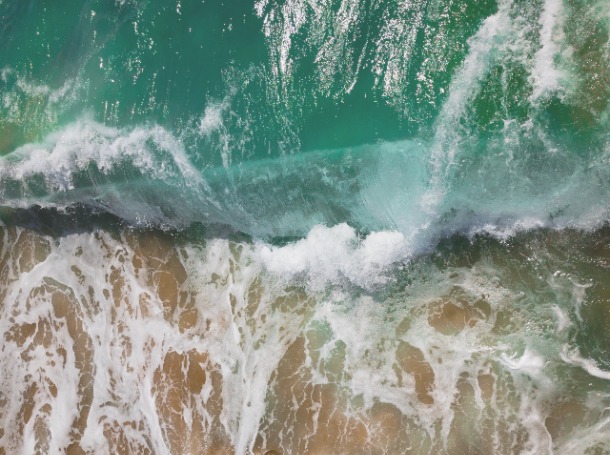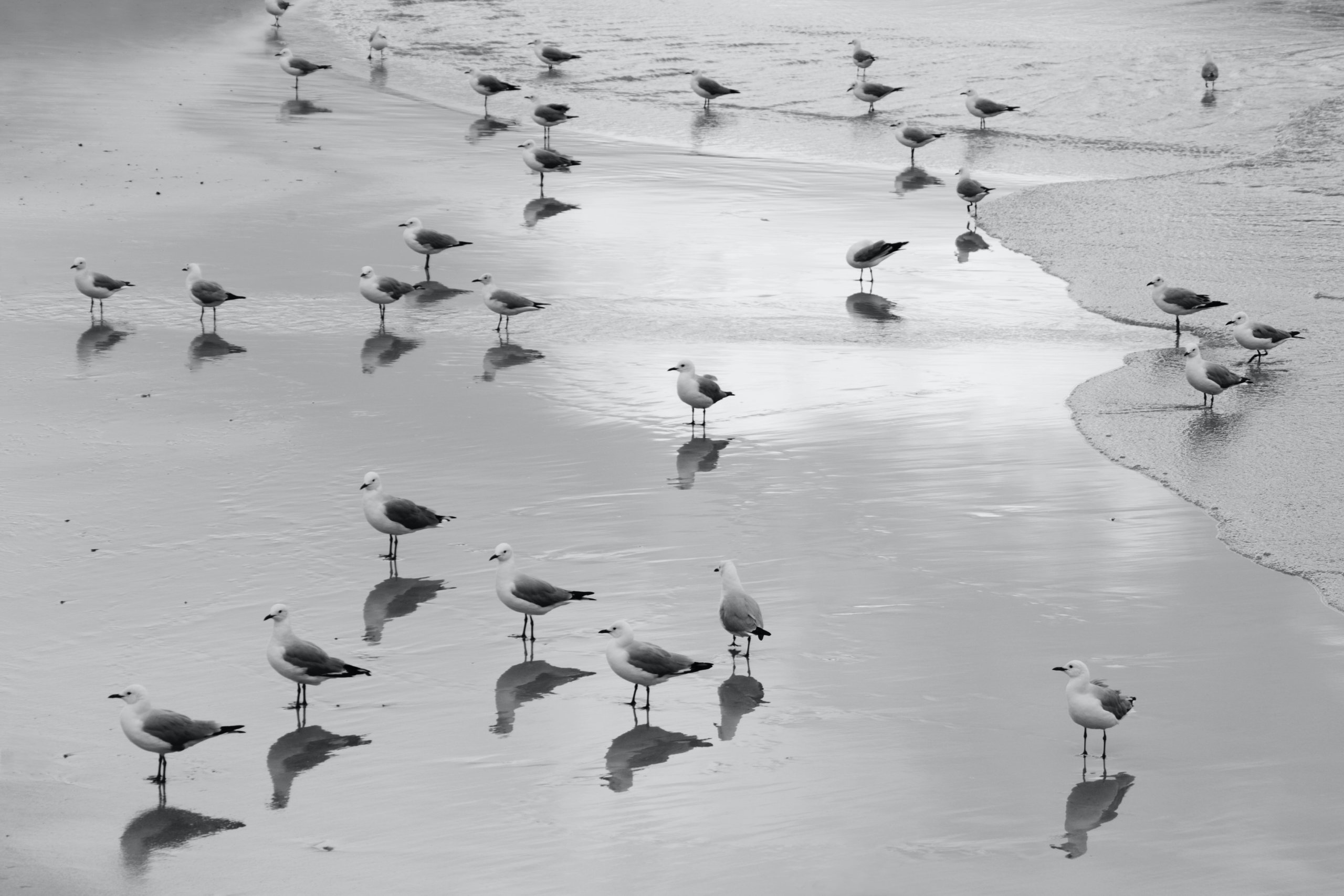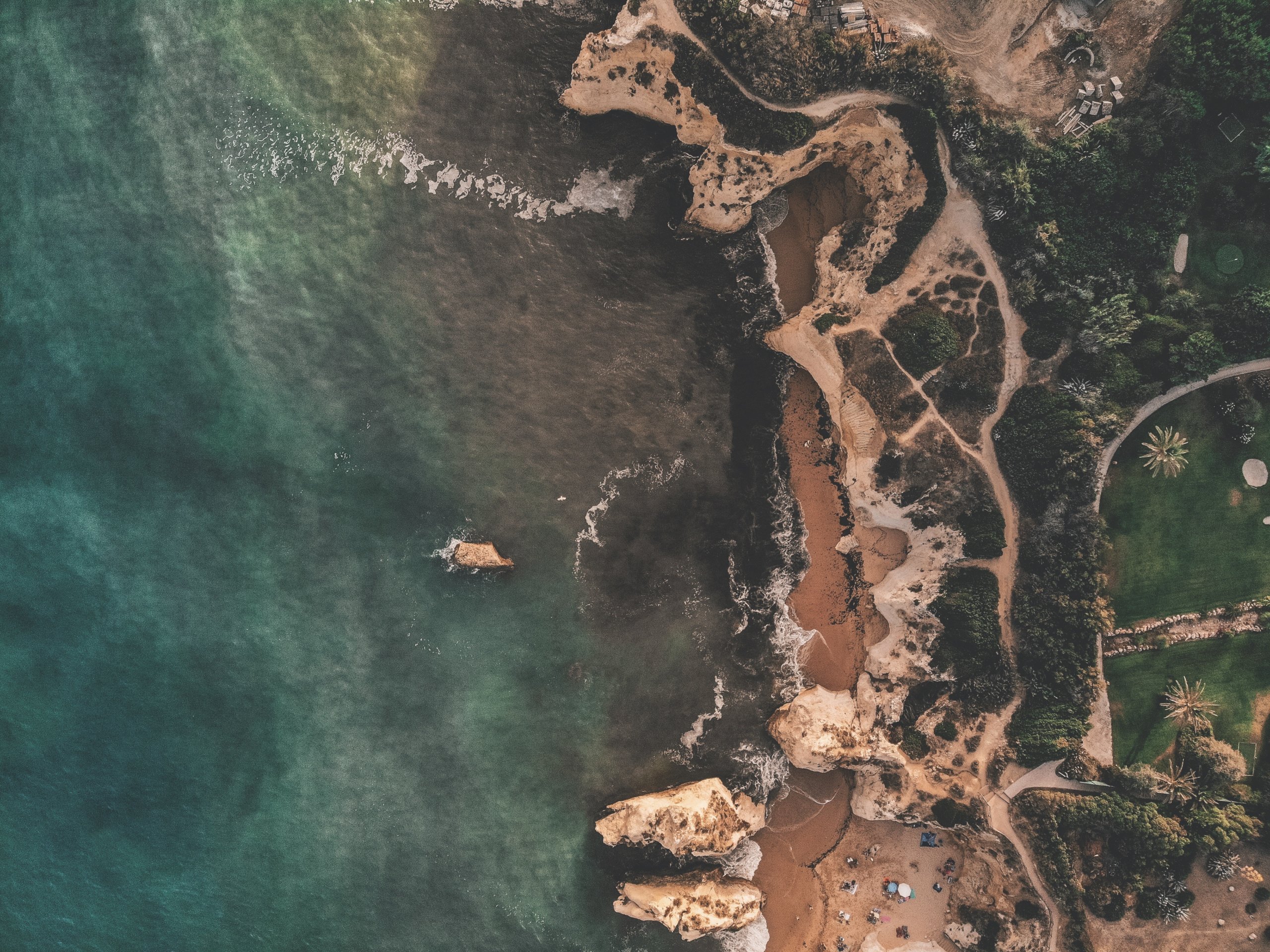In my last post, I described the importance of being a good listener in order to be an effective communicator. As the former production assistant for the environmental radio show Living on Earth, (and as the show’s current part-time transcriber), I’ve had many opportunities to listen critically to and to be a part of great science-minded radio.
While there are many excellent guides out there for interview tips (like this one from AAAS), here are some of the interviewee qualities that I found make for an ultimately interesting and effective piece, as well as some of my own tips for how to best tell your story in this medium:
Scientists who make the most of their pre-interview calls:
The first point of contact between a radio program and an expert is often the pre-interview, these are a typical way for reporters to discern if the perspective and tone of an expert is the one that the reporter needs for his/her piece.
Find out if the show will be taped and edited or if you’ll be interviewed live- this may have some bearing on the quantity of information you’ll be able to deliver. Take this opportunity to find out the types of questions you may be asked in the real interview, write them down, and think about articulate answers to these questions.
Scientists who come prepared to the interview:
Make a habit of collecting media that will enhance your stories. One of my favorite pieces that I produced incorporated the sounds of sperm whales (given to us by the scientist) to illustrate call differences and what that meant for whale “culture.” And, even for radio, pictures will help to tell the story online. Do a google search for current events related to your field; think about your work in the context of what is exciting or relevant now. While most Q&A interviews for weekly radio tend to answer the question “why now?” through their line of questioning, if there are other reasons why your topic is particularly exciting or relevant at the time… let the interviewer know!
Scientists who are and sound passionate about their work:
Practice your tone; the tone of the interviewee often sets the mood of the piece. A journalist trainer in one of our COMPASS meetings once said it nicely: If you sound interesting, the audience will be interested. Speak with authority, and you will sound more believable. A piece that I thought really did this well on this week’s show was a Q&A with Susanne Menden-Deuer of the University of Rhode Island describing one of her new findings: fleeing algae! Her tone and word choice made it easy for the listener to be interested in what would have otherwise been an esoteric topic.
Rehearse speaking slowly and clearly… sometimes reporters will choose a different interview subject if they think listeners won’t be able to easily understand an interviewee.
Keep it conversational. This is true of interviews in all mediums. Don’t use words you wouldn’t use in a conversation with your own mother.
Scientists who are effective storytellers (and who don’t leave it to chance, waiting for the “right” question to get their message across):
Prepare imagery, metaphors, and quotes ahead of time. If you don’t say your main messages in a way that’s memorable, especially in a taped interview, they risk being cut, parsed down, or paraphrased by the host. Answer questions succinctly, directly, and so that they are self-contained. Never answer questions by saying “yes” or “no.” Often radio interviews can last up to an hour, but are cut down to less than five minutes. By stating the question in your response, you may allow for more flexibility on the production end, and allow more space for additional information from you. Tell the story, not the facts. Make your findings come alive by talking about quirky objects in your lab, some of the challenges you face in getting your data, or things people wouldn’t expect about your work.
End some of your answers in ways that lend to further questioning. Effective radio interviews also have an element of suspense…
And, you don’t have to wait for someone from NPR to call you! You can easily create podcasts to get your story out there on your own website or blog; further reading on the subject of radio journalism (and one of the best books out there on the subject) is Sound Reporting.
As Ira Glass, the host of NPR’s This American Life has said, “radio is our most visual medium.” So go forth and paint verbal pictures!


